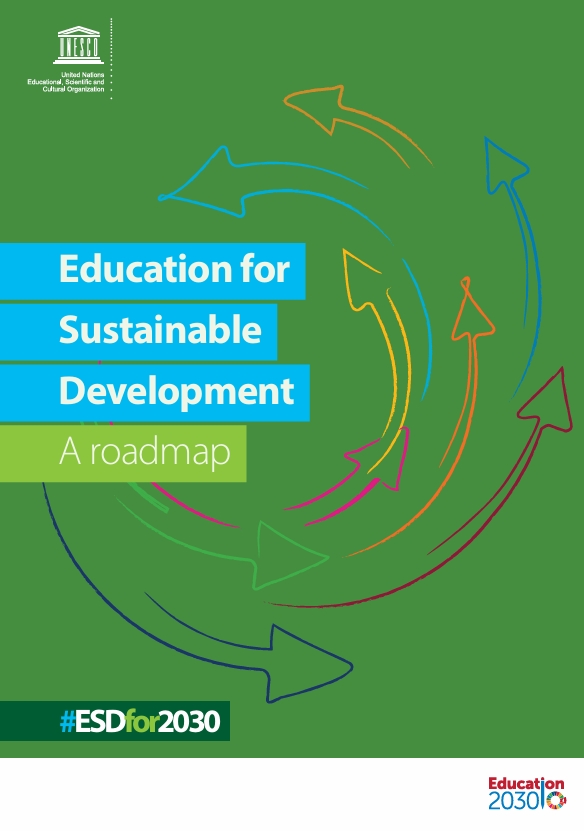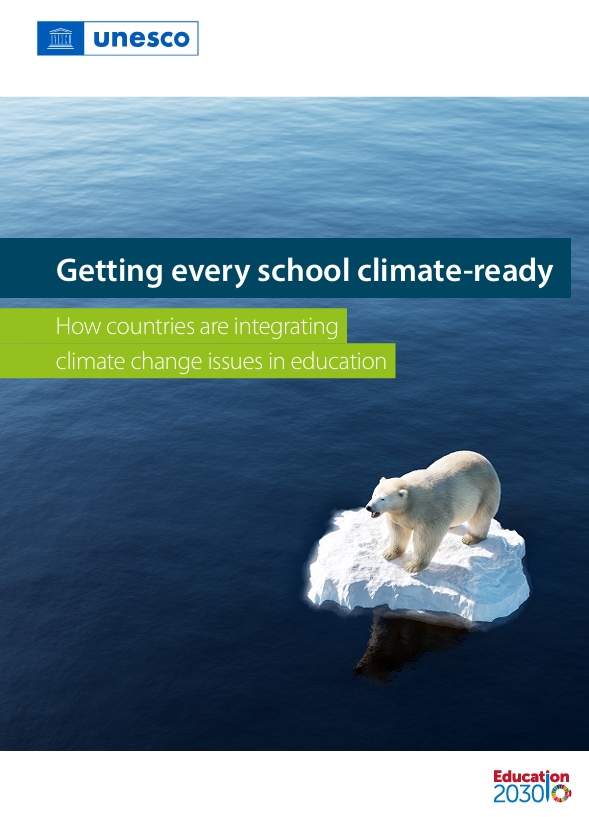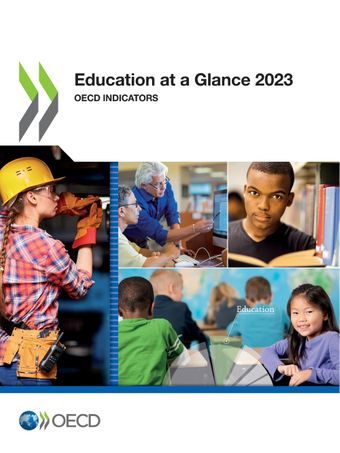SUMMARY
UNESCO has been the lead United Nations agency on Education for Sustainable Development (ESD) since the United Nations Decade of Education (2005-2014). ESD is widely recognized as an integral element of Agenda 2030, particularly Sustainable Development Goal 4 (SDG 4), and a key enabler of all the other SDGs.
This roadmap sets out the urgent challenges facing the planet and explores the next step UNESCO is taking in responding to them through education, detailing new emphases and actions. To build on the Global Action Programme (GAP) (2015-2019) and contribute to Agenda 2030 and its 17 goals, the Education for Sustainable Development: Towards achieving the SDGs (ESD for 2030) framework was adopted. This framework aims to increase the contribution of education to building a more just and sustainable world. ESD for 2030 will step up actions on five priority action areas, emphasizing ESD’s key role in the successful achievement of the 17 SDGs and the significant individual and societal transformations required to address urgent sustainability challenges.
This publication clearly outlines what Member States must do in relation to each priority action area:






